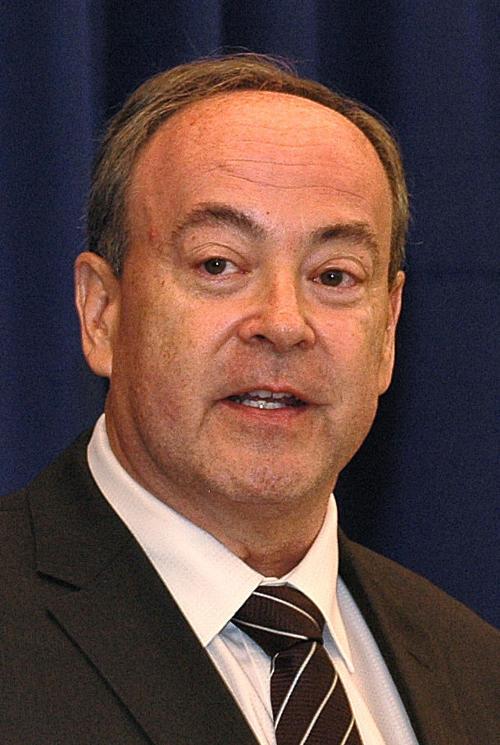PHOENIX — The newest justice of the Arizona Supreme Court has a long history of fighting with the government, albeit with mixed success.
- Public financing of elections: Clint Bolick challenged the 1998 voter-approved Citizens Clean Elections Act which allows candidates for statewide and legislative office to get public funds if they don’t take private donations. But courts rejected his contention that using civil, criminal and traffic fines to finance the program was an illegal tax. Bolick, however, had better luck in getting the U.S. Supreme Court to kill a provision of the Arizona law which provided matching funds to publicly financed candidates when their foes spend more.
- School vouchers: Bolick has gone to court in support of providing public funds to parents to be able to send their children to private and parochial schools. Arizona courts have rejected giving outright vouchers — essentially checks — to parents to spend. But the justices have upheld “empowerment scholarship accounts,” essentially a different way to funnel public dollars to private schools.
- Union activities: He successfully got courts to rule that cities cannot provide union members with paid “release time” unless they actually do something of benefit to the public to earn it. The judges voided a contract the city of Phoenix had with its police union for such paid time, saying public funds were being paid out with absolutely no obligation on the officers to perform any actual duties that benefit the city.
- Medicaid expansion: The Goldwater Institute got the state Supreme Court to rule that a minority of lawmakers who opposed Medicaid expansion could go to court to claim the majority did not follow constitutional requirements in making the change. But a trial judge ruled the law was not, in fact, broken, with that case now on appeal.
- Adoption: Bolick went to court in a bid to void the federal Indian Child Welfare Act which requires require state courts when placing Indian children who do not live on the reservation for adoption to give preference to a member of the child’s extended family and, ultimately, to other Indian families. That case is still pending in federal court.
- Renewable energy: Bolick challenged a decision by the Arizona Corporation Commission to require electric utilities to obtain a percentage of their power from renewable sources including solar. That decision allows utilities to pass on the additional costs to customers. But the Court of Appeals said the commission was acting within its authority.
- Sign walkers: The Goldwater Institute took up the case of “sign walkers,” people who hang around street corners with signs urging passers-by to stop at local merchants. A judge overturned restrictions that Scottsdale had placed on the activity.
- State licensing: Bolick challenged the authority of the state Board of Cosmetology to tell a spa owner she could not use live fish to do “pedicures” on customers. Courts disagreed, saying the board had legitimate concerns about health issues. But Bolick had better luck when the same board said people who braid hair needed to be licensed, championing a change in state law.
- Advertising: Bolick got a court to rule that cities cannot prohibit someone with a commercial business who wants to advertise on bus shelters from also including a political message. That was a victory for a man who does concealed weapons training and wanted to promote the Second Amendment right to carry guns.
- Political clothing: Bolick helped overturn local regulations that limited the kind of political clothing that people can wear into polling places.
- Health care: He helped to craft a constitutional amendment approved by voters guaranteeing the right of people to have — or not have — health insurance, a measure aimed at giving Arizonans the right to ignore the Affordable Care Act. The effectiveness of that provision, however, remains untested.





